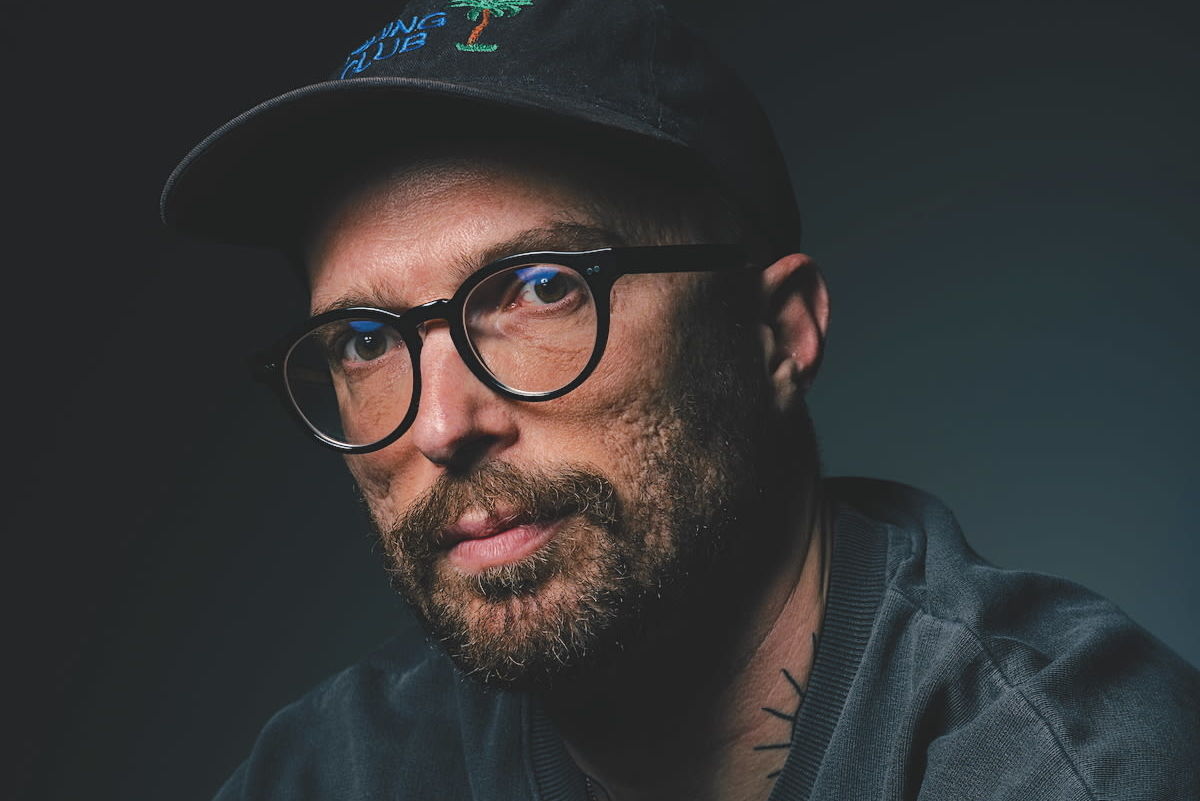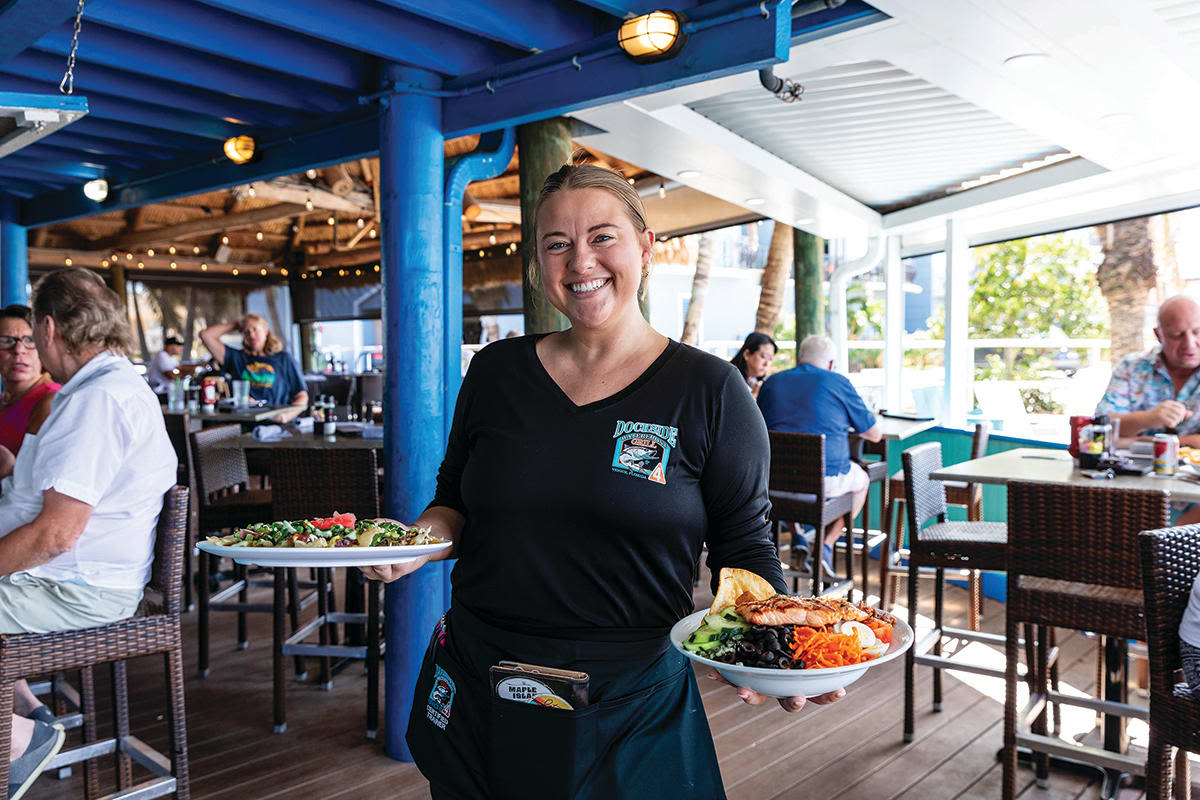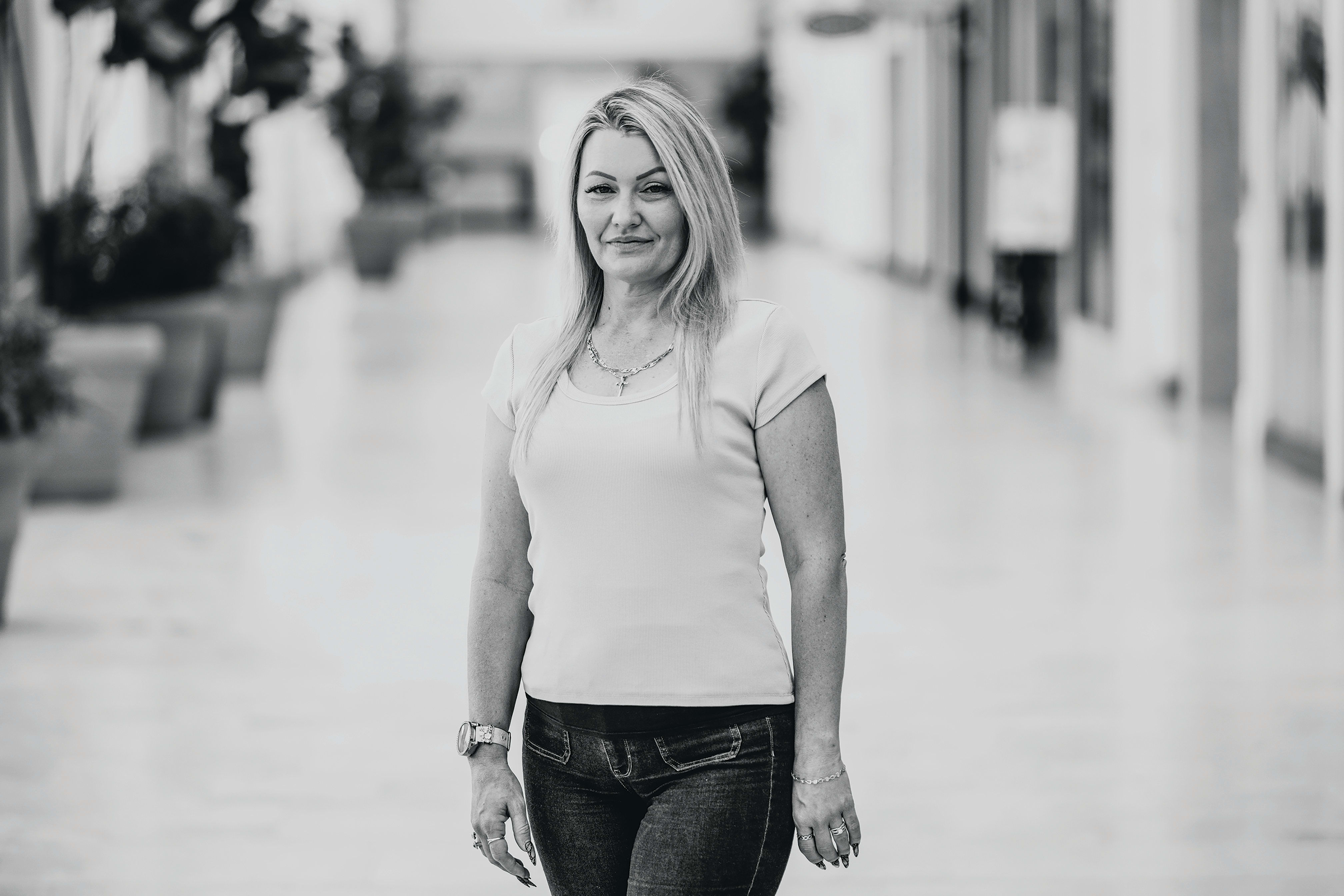An Early Childhood Development Expert Explains How Trauma and Stress Can Derail a Kid's Life

Mimi Graham, the director of the Florida State University Center for Prevention & Early Intervention Policy
Image: Courtesy Photo
Mimi Graham has spent her life fighting for kids. She began her career in the late 1970s as a Head Start administrator before moving into the world of academia to study child development and advocate for public policies that improve the health of mothers and children. Today, she’s the director of Florida State University’s Center for Prevention & Early Intervention Policy, a position in which she advises government agencies and nonprofits all around the state, including Sarasota. Her unsettling research documents the damage that trauma and toxic stress do to young children’s brains—and how it can haunt them for the rest of their lives.
“Trauma” is a word we’re hearing a lot these days. How do you define it?
Trauma can be an event, like a hurricane. After Hurricane Michael in 2018, I was asked to come to Panama City because kids were hiding under their desks when there was thunder outside. Or after 9/11, we had kids who would build block towers and then crash planes into them, trying to make sense of what happened. Trauma can also be ongoing, like physical or sexual abuse.
What about “toxic stress,” another term you use often?
Everybody has stress, but that stress is tolerable when you have somebody who helps you through it. Stress becomes toxic in the absence of a support network. If you have a single mom and your mom’s not changing your diaper, or she’s stoned and you’re not eating, the prolonged neglect becomes toxic because you don’t have a nurturing caregiver. We find that one person, like a grandmother or a coach at school, can help buffer the effects of even really bad abuse.
How do those things affect a young child’s brain?
If you run into a bear in the woods, you can try to outrun the bear or you can freeze and try to fight it. That’s the amygdala working, the survival part of the brain. The problem is when the bear comes home every night and you have an accelerated heartbeat and your digestion is upset because you’re afraid of what’s going to happen. What is useful when you encounter a bear becomes toxic when it’s prolonged. You’re actually wearing out the body because of the stress. It’s linked to a lot of childhood adversity, and even cancer and heart attacks.
How deep are these effects?
Eighty percent of the brain is developed in the first three years, and 90 percent in the first five years. If you have a lot of stress and trauma, it’s more hard-wired in that period of time. Those early adverse experiences may go away, but your body remembers.
What about when kids enter school?
Stress can make it hard for kids to concentrate. You’re constantly triggered by things, and these kids have problems with impulse control and they don’t have the words to tell us what’s going on.
How do active shooter drills in schools affect kids?
People tell me their kids came home terrified because of an active shooter drill. They didn’t know the difference between real and simulated. I think we’re creating so much trauma in our kids. We have young kids with so much anxiety.
One solution you’ve worked on are “baby courts.” What are those?
It’s called therapeutic jurisprudence—trying to address the underlying non-legal issues that cause people to end up in court. Baby court is when parents come in for abusing or neglecting their child and we realize it’s multi-generational. Most of the parents were abused or neglected themselves. We’re paying attention to the needs of the parents and the child. We have 24 baby courts now in Florida. We’re getting kids out of the system 143 days faster than a regular court, and 143 days is a long time for a baby. It’s the most exciting thing that’s happened in child welfare in recent years.



